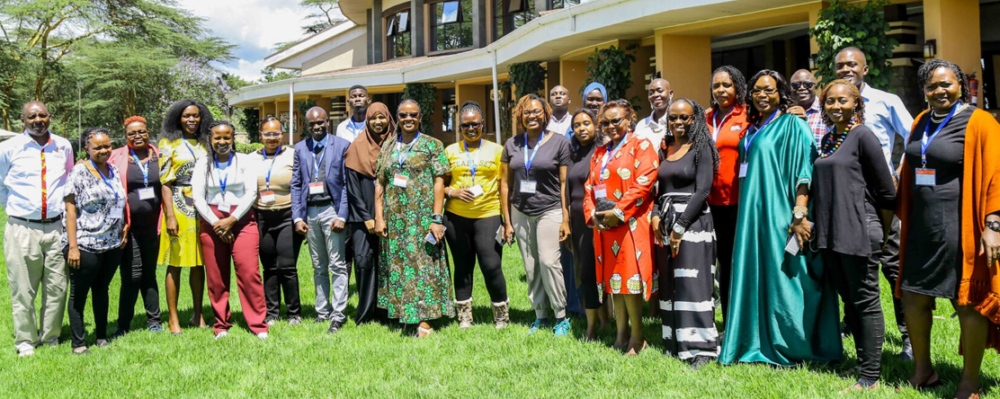
In the News
New HIV/AIDS Prevention Methods for Women Needed
-
Focus Areas
Communicable Disease Prevention, Women, Youth & Children -
Issues
Reproductive & Sexual Health -
Programs
CAMI Health
President Obama’s significant commitment of $100 million in funding for HIV/AIDS treatment research will surely bring us closer to a cure. But hand in hand with even the best treatment should be better prevention.
High HIV infection rates among women around the world point to an urgent demand for new prevention methods that specifically address women’s health needs. Every minute, a young woman is infected with HIV. Married women, or those in committed relationships, are at particular risk of infection because only 8 percent of couples around the world use condoms.
It is time to turn our collective will toward finding methods that protect women from HIV and other sexually transmitted infections at the same time as preventing unplanned pregnancy. Multipurpose prevention technologies are a new class of products in development that do just that. What stands in the way of advancing the field may be how women’s health issues are funded.
Bethany Young Holt is the executive director of the Coalition Advancing Multipurpose Innovations, a project of the Public Health Institute; Manjula Lusti-Narasimhan is a scientist with the World Health Organization. Both writers are with the Initiative for Multipurpose Prevention Technologies.
Originally published by San Francisco Chronicle
More Updates
Work With Us
You change the world. We do the rest. Explore fiscal sponsorship at PHI.
Support Us
Together, we can accelerate our response to public health’s most critical issues.
Find Employment
Begin your career at the Public Health Institute.



